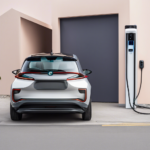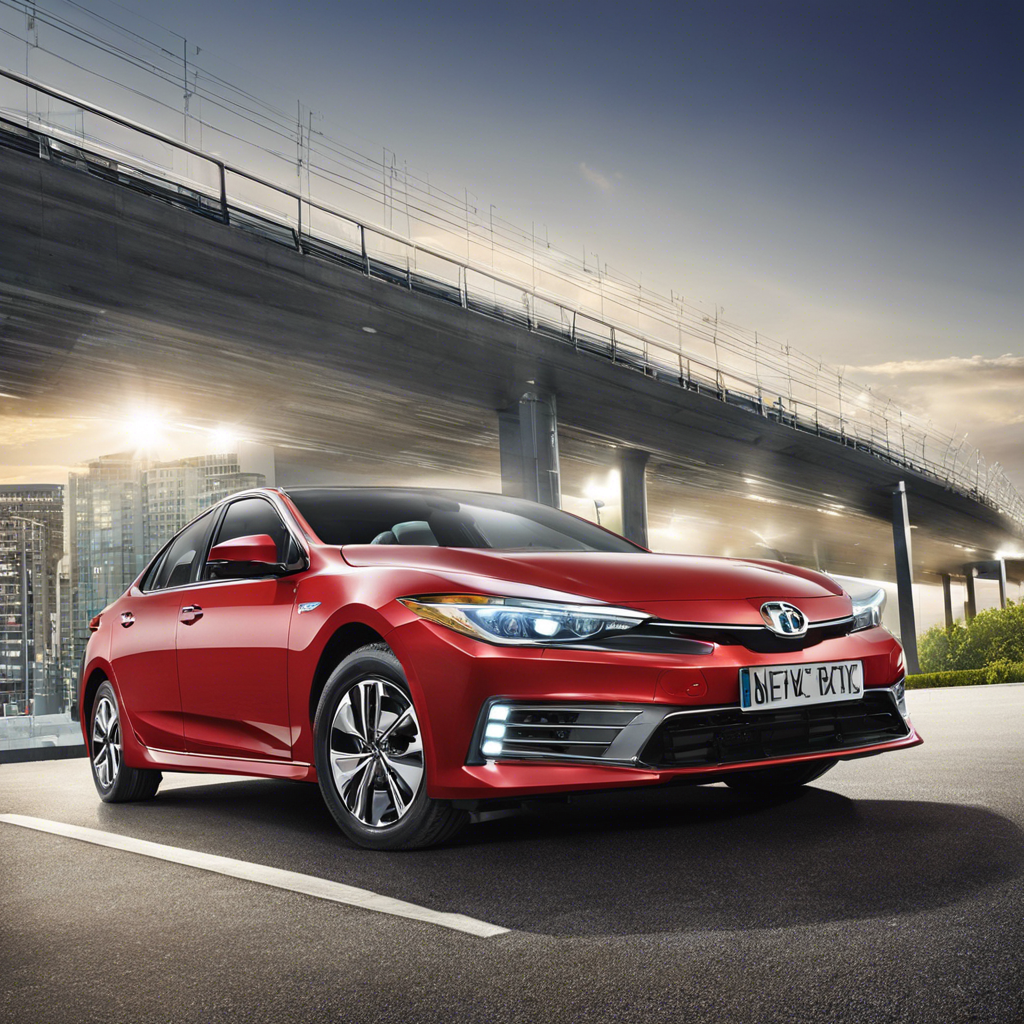Hybrid vehicles have become an increasingly popular choice for eco-conscious consumers who want to reduce their carbon footprint and embrace greener transportation options. Combining a traditional internal combustion engine with an electric motor and battery, hybrids offer a unique driving experience. This expert guide aims to explore the various advantages and disadvantages of hybrid vehicles, providing you with a comprehensive understanding of this evolving automotive technology.
One of the most significant advantages of hybrid cars is their fuel efficiency. By seamlessly switching between the electric motor and the gasoline engine, hybrids optimize energy usage, resulting in better mileage compared to conventional vehicles. This efficiency translates to fewer trips to the gas station and substantial savings on fuel costs over time. For environmentally conscious drivers, this is a win-win situation, as it reduces both personal expenses and the vehicle’s ecological impact.
Hybrid vehicles are renowned for their reduced emissions, making them a more environmentally friendly choice. The electric motor assists the gasoline engine, leading to lower carbon dioxide (CO2) and other harmful pollutant emissions. This reduction in emissions helps combat air pollution and contributes to a cleaner, healthier environment. Governments and environmental agencies worldwide recognize the environmental benefits of hybrids, often providing incentives and tax benefits to encourage their adoption.
The technology behind hybrids also provides a more responsive and dynamic driving experience. For instance, the electric motor’s immediate torque delivery can result in quicker acceleration, making everyday driving more engaging. Many hybrid models come with regenerative braking systems, which capture energy that would otherwise be lost during braking, further enhancing efficiency and range.
While the benefits are substantial, it’s essential to consider the potential drawbacks. One of the primary concerns with hybrid vehicles is the initial purchase cost, which tends to be higher than that of their conventional counterparts. This higher price tag can be a significant barrier for budget-conscious consumers, especially when considering the long-term savings on fuel costs. However, it’s worth noting that the price gap between hybrids and traditional vehicles has been narrowing as the technology becomes more widespread.
Another consideration is the complexity of the hybrid system. While modern hybrids are generally reliable, they may require specialized maintenance and repairs, potentially increasing ownership costs. The integration of two power sources and the associated electronics can make servicing more intricate, requiring mechanics with specific expertise.
Range anxiety, a common concern with fully electric vehicles, is less prevalent with hybrids due to their dual power sources. However, drivers should be aware of the electric-only range limitations, which can vary depending on the model and driving conditions. Planning longer trips or considering hybrid plug-in models that offer extended electric-only ranges might be necessary for those who frequently drive long distances.
Despite these challenges, the advantages of hybrid vehicles are compelling. The reduced fuel consumption and emissions are not only beneficial for the environment but also contribute to a more sustainable future. As technology advances, we can anticipate continued improvements in hybrid systems, potentially addressing current limitations and making them an even more attractive option for the masses.
In conclusion, hybrid vehicles offer a compelling blend of traditional and electric driving experiences. With their fuel efficiency, reduced emissions, and dynamic performance, hybrids provide a viable option for those seeking a greener and more cost-effective mode of transportation. While initial costs and maintenance considerations might be drawbacks, the long-term benefits and environmental impact make hybrids a significant step towards sustainable mobility. As the automotive industry continues to innovate, hybrids are likely to play a crucial role in shaping the future of personal transportation.










